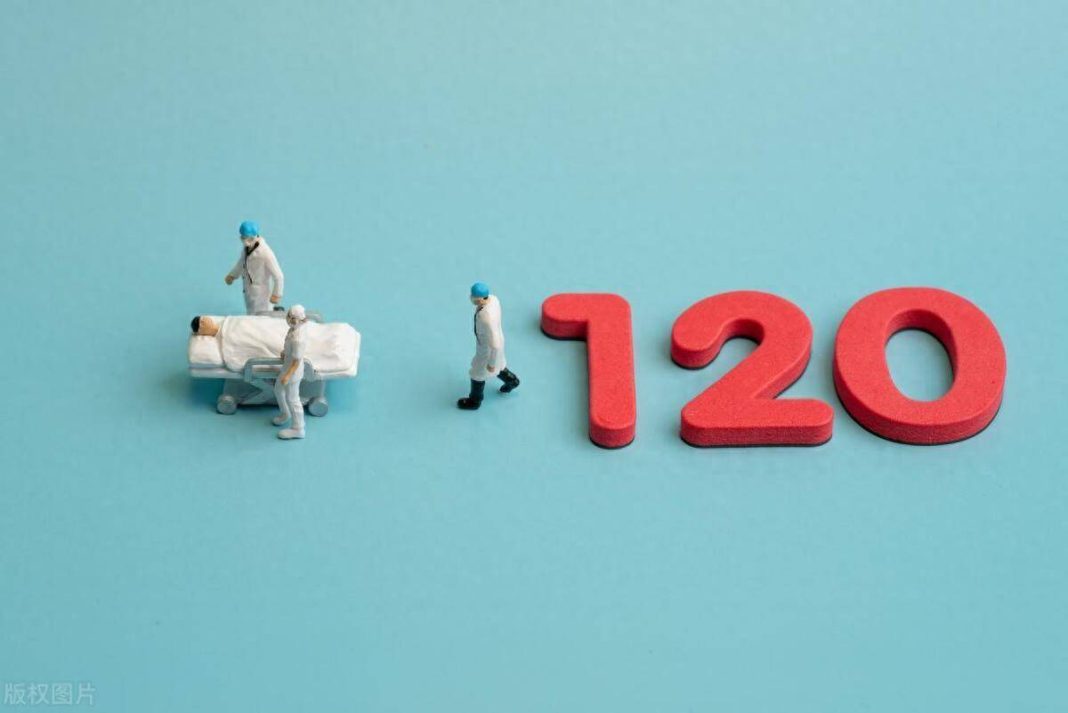Mr. Liu, 62 years old, is a member of this large group of high blood pressure patients. He has been struggling with high blood pressure for over a decade, relying on valsartan to stabilize his blood pressure, and his life seemed calm and orderly.
However, an inadvertent decision plunged him and his family into endless sorrow.
Three months ago, Mr. Liu’s blood pressure was slightly high. Hearing from fellow patients that benazepril was effective in lowering blood pressure, he bought benazepril from the pharmacy despite having unfinished valsartan at home. He decided to take both types of medication together to enhance the blood pressure-lowering effect.
After taking both medications for a month, the blood pressure-lowering effect was indeed good. However, he often felt weak all over, had palpitations, and easily felt exhausted. He thought it was due to recent work stress and his age, so he didn’t pay much attention to it. But one night, Mr. Liu suddenly passed away in his sleep. His family found him unresponsive the next morning, called for an ambulance, and the doctor diagnosed him with sudden cardiac arrest, leading to his death!
The “double-edged sword” of antihypertensive drugs
Valsartan and benazepril, both excellent antihypertensive drugs, work by inhibiting the renin-angiotensin-aldosterone system (RAAS) in the body to lower blood pressure, which is an important mechanism in treating hypertension.
However, like any drug, these two medications have their pros and cons. While they help lower blood pressure, they may also have side effects, one of which is hyperkalemia.
Fatal consequences of incorrect combination
When Mr. Liu took both medications simultaneously, he did not realize the serious consequences of this action. Valsartan and benazepril belong to the sartan and pril classes, respectively. Both sartans and prils, in inhibiting the RAAS, can affect potassium ion metabolism, leading to an increase in blood potassium levels, known as hyperkalemia. Therefore, sartans should generally not be used in combination with prils!
Hyperkalemia is an extremely dangerous condition that can affect the heart’s electrical activity, causing arrhythmias, and even resulting in sudden cardiac arrest.
The symptoms Mr. Liu initially experienced such as weakness, palpitations, and fatigue were early signs of hyperkalemia. Sadly, he attributed these discomforts to age and work stress, delaying seeking medical help and missing the best opportunity to correct the mistake. Eventually, severe arrhythmias caused by hyperkalemia led to his quiet death in his sleep, leaving his family with endless grief and regret.
Rational drug use for safeguarding health
Mr. Liu’s tragedy serves as a warning to us: in the treatment of hypertension, patients must not only adhere to medication but also follow medical advice and use medication rationally. Each drug has specific indications, usage, dosage, and potential adverse reactions. Modifying drug types, doses, or combinations without medical advice can pose unpredictable risks.
Therefore, we strongly advise hypertensive patients to maintain close communication with doctors or pharmacists during medication, regularly monitor blood pressure and electrolyte levels, adjust treatment plans promptly. At the same time, raise self-awareness of health, remain vigilant to any abnormal changes in the body, seek medical attention promptly to prevent irreversible consequences.


